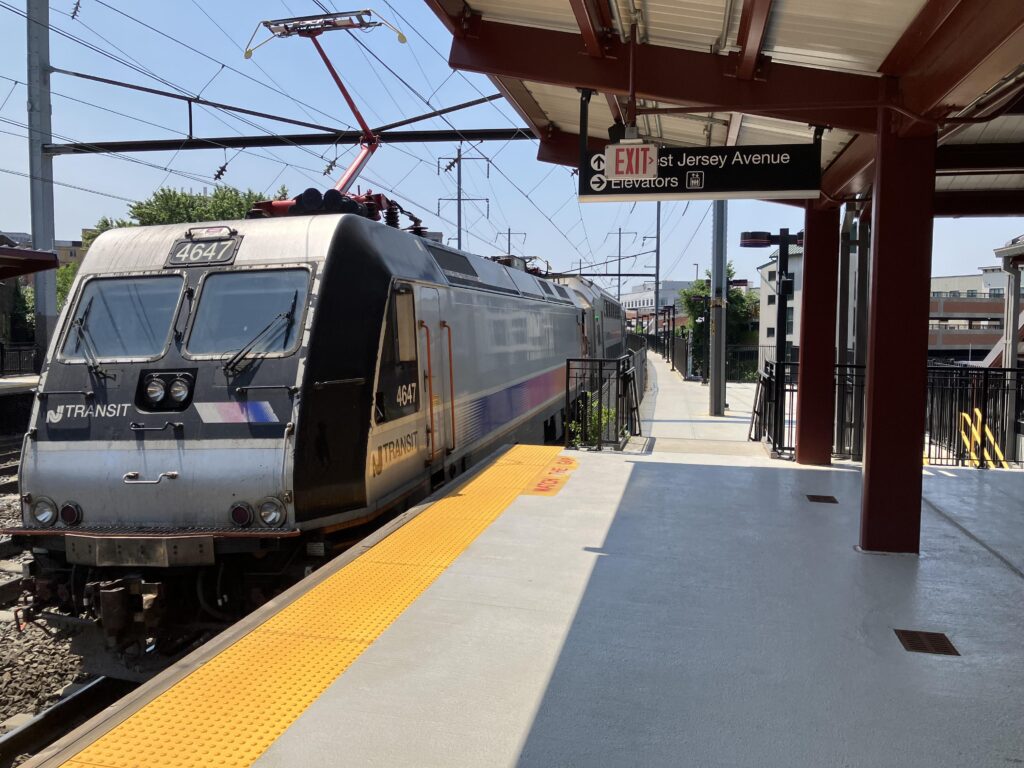Federal Mediation Steps In to Resolve NJ Transit Engineers’ Impending Strike
With a strike threatening to paralyze commuter rail services throughout New Jersey, the federal mediation board has called both New Jersey Transit officials and the engineers’ union to urgent negotiations in Washington, D.C. This intervention aims to break the deadlock in contract talks that have stalled over wages, working conditions, and job security. As the deadline for a potential work stoppage approaches, the pressure mounts on both parties to find common ground and prevent widespread disruption affecting tens of thousands of daily passengers.
Federal Mediation Board’s Role Amid Escalating NJ Transit Labor Dispute
In an effort to avert a crippling strike, the federal mediation board has convened emergency discussions between NJ Transit management and the engineers’ union representatives. The talks come amid intensifying disagreements over critical contract elements such as salary increases, shift durations, and future workforce stability. Insiders reveal that the mediation board’s goal is to facilitate constructive dialogue and expedite a settlement before service interruptions impact commuters across the state.
The primary points of contention include:
- Compensation Adjustments: The union is advocating for a significant wage hike to keep pace with inflation and industry benchmarks.
- Shift Scheduling and Safety Measures: Concerns about long working hours and the adequacy of safety protocols during operations.
- Employment Security: Anxiety over potential automation and organizational restructuring that could reduce engineering positions.
| Issue | Union Proposal | NJ Transit Proposal |
|---|---|---|
| Annual Wage Increase | 7% | 3% |
| Maximum Shift Length | 8 hours | 12 hours |
| Job Security Guarantees | No layoffs | Potential restructuring |
Core Disputes Driving the NJ Transit Strike Threat and Its Consequences for Commuters
The potential strike stems from fundamental disagreements between NJ Transit leadership and the engineers’ union over workplace safety, fair compensation, and job stability. The union highlights the physical and mental toll of current working conditions, emphasizing the need for shorter shifts and enhanced safety protocols. Meanwhile, NJ Transit cites budgetary limitations that restrict their ability to meet all union demands. Additionally, the union is pressing for upgraded equipment and more transparent scheduling to reduce operational uncertainties.
If a strike occurs, the impact on daily commuters could be severe, with delays, cancellations, and overcrowding becoming widespread. The disruption would not only inconvenience passengers but also ripple through the regional economy by delaying workers and limiting access to essential services. Below is an illustrative overview of potential service reductions and delays during a strike:
| Region | Projected Service Cut | Estimated Delay Range |
|---|---|---|
| Routes to New York City | 60% | 30–45 minutes |
| Central New Jersey Lines | 50% | 20–35 minutes |
| Southern New Jersey Routes | 45% | 15–30 minutes |
- Surge in demand for alternative transit options such as buses and ride-sharing, potentially overwhelming these services.
- Congestion and delays at major transit hubs, leading to longer wait times and commuter frustration.
- Economic consequences including lost productivity and reduced consumer spending due to transportation challenges.
Approaches to Negotiation That Can Prevent NJ Transit Service Interruptions
Resolving labor disputes in vital public transportation systems requires a strategic and collaborative approach. Effective negotiation tactics include:
- Transparent Communication: Open and honest exchanges help clarify each party’s priorities and reduce misinterpretations that can escalate conflicts.
- Neutral Mediation: Engaging impartial third parties can guide discussions toward mutually beneficial outcomes by focusing on shared interests.
- Stepwise Compromises: Achieving smaller agreements incrementally builds trust and momentum toward a comprehensive contract.
Incorporating data analytics and objective metrics can also assist negotiators in assessing proposals fairly. The table below highlights critical factors often considered to maintain uninterrupted transit services:
| Negotiation Factor | Significance | Suggested Action |
|---|---|---|
| Employee Morale | High | Frequent engagement and prompt issue resolution |
| Service Reliability | Critical | Develop contingency plans to minimize disruptions |
| Budgetary Limits | Moderate | Consider phased investments and alternative funding sources |
Policy Recommendations to Enhance Labor Harmony in the Transit Industry
For sustainable labor peace in the transit sector, policymakers should emphasize proactive and continuous engagement mechanisms. Establishing permanent mediation panels that facilitate ongoing communication between NJ Transit and union leaders can help resolve disputes before they escalate into strikes. Creating structured communication frameworks promotes transparency and mutual trust, which are essential for long-term workforce satisfaction.
Moreover, investing in workforce development is crucial. Policymakers should support training and retention initiatives tailored to the specialized skills required by transit engineers. Offering competitive salaries alongside professional growth opportunities strengthens employee commitment and reduces turnover. The following table outlines strategic policy areas to support labor stability:
| Policy Initiative | Expected Benefit |
|---|---|
| Permanent Mediation Panels | Reduce strike risks |
| Ongoing Communication Channels | Build transparency and trust |
| Skills Development Programs | Improve workforce expertise |
| Competitive Compensation Packages | Enhance employee retention |
Conclusion: Awaiting a Resolution to Protect NJ Transit Commuters
As negotiations continue under the federal mediation board’s guidance in Washington, D.C., the outcome remains pivotal for New Jersey’s transit system and its daily users. The resolution of this labor dispute will not only determine the continuity of rail services but also influence the region’s economic vitality. Passengers and stakeholders alike remain hopeful that a fair agreement will be reached promptly, ensuring uninterrupted transit operations and safeguarding the livelihoods of thousands.













